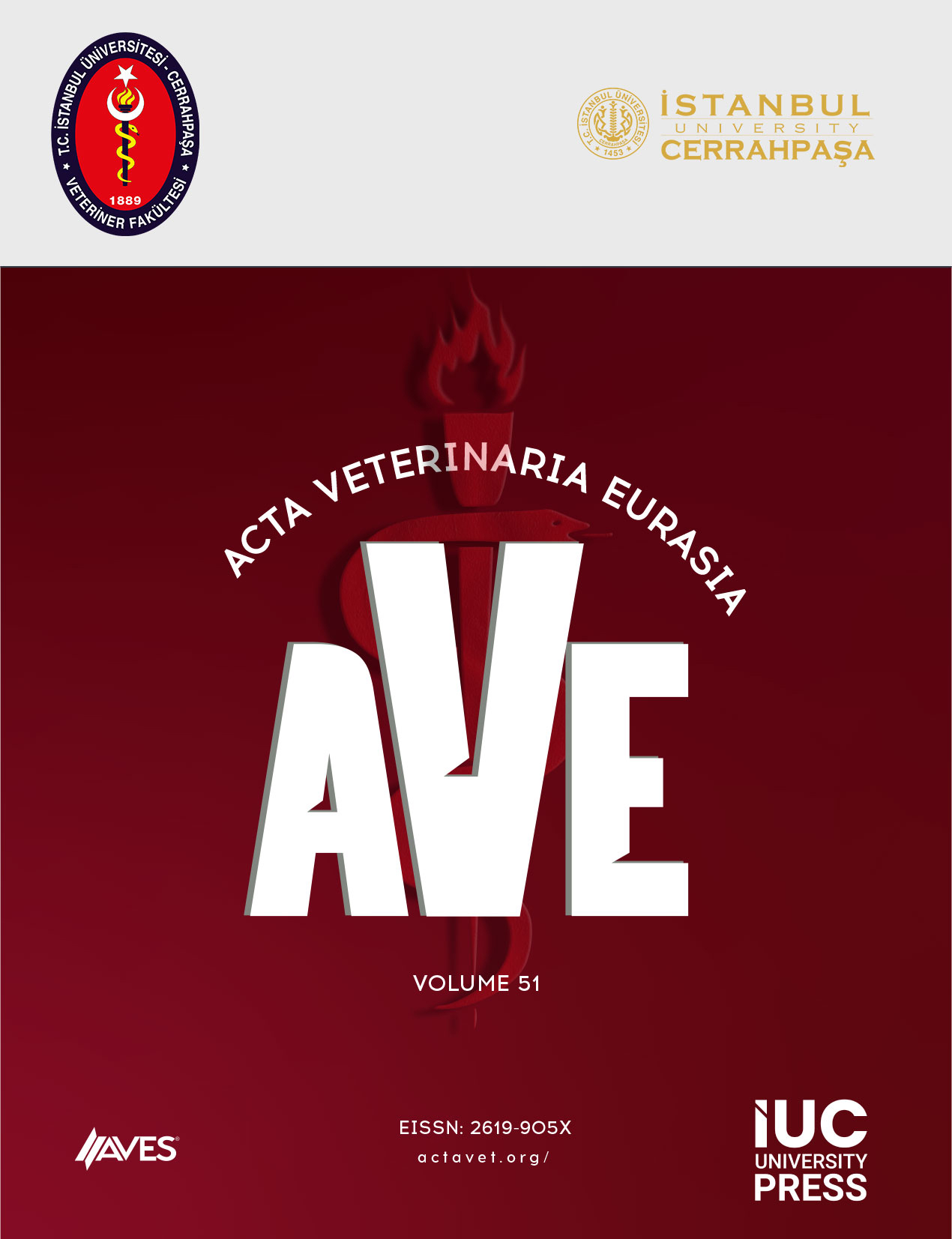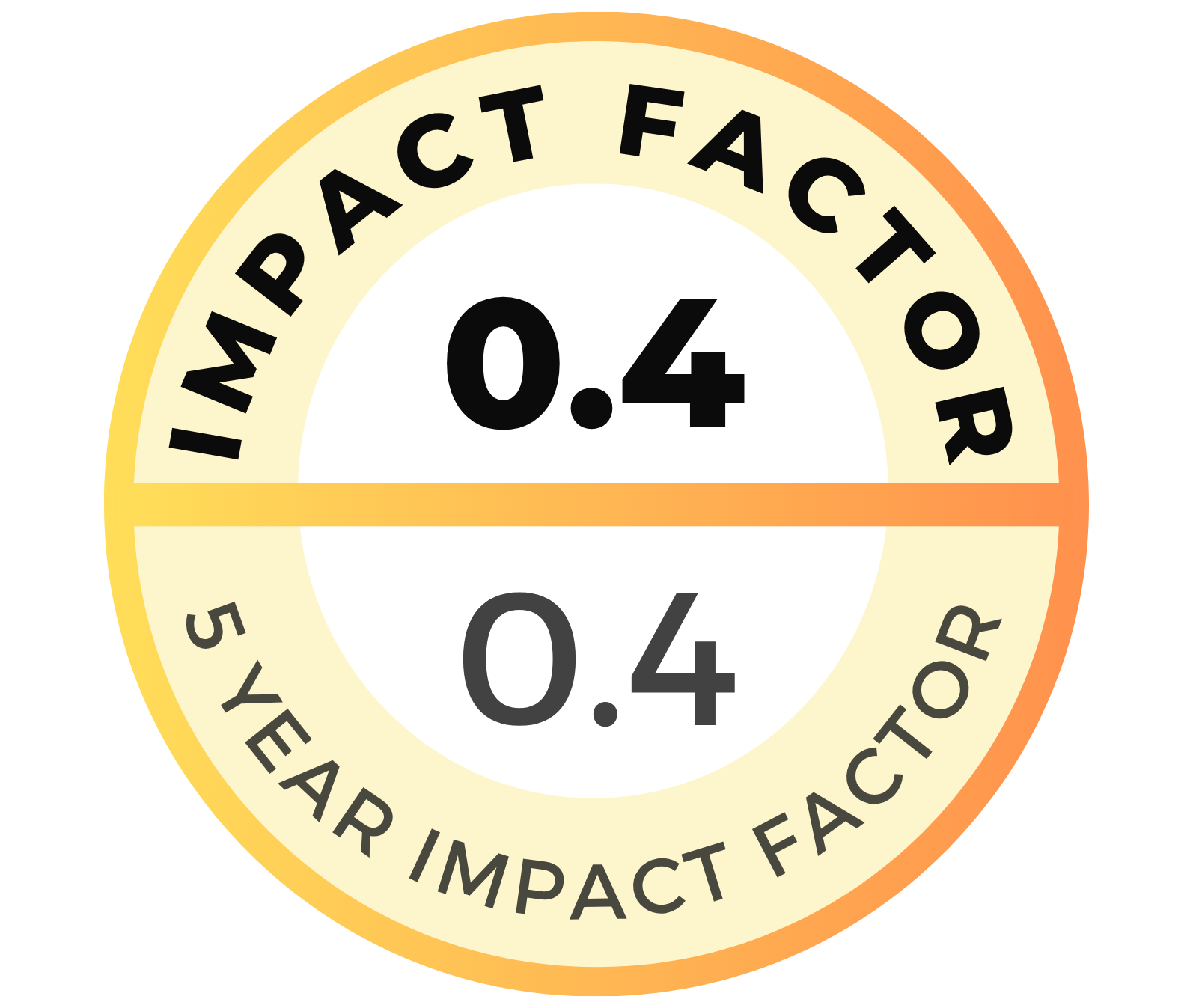Small ruminant (sheep and goats) brucellosis caused by Brucella melitensis remains widely recognized as a major zoonosis causing profound economic, animal production, and public health consequences. Even though definite diagnosis depends on the isolation of the bacterial agent from clinical and post-mortem specimens, a presumptive diagnostic based on the assessment of specific serological response is used in routine diagnostics for the purpose of disease control or animal trade. The Rose Bengal test, the complement fixation test, the enzyme-linked immunosorbent assay, or the fluorescence polarization assay are considered by the World Animal Health Organization—OIE as a suitable serological test for diagnosing B. melitensis infection on a herd and individual animal level. The aim of this study was to assess agreement among results of the Rose Bengal, complement fixation test, and indirect enzyme-linked immunosorbent assay using small ruminant sera samples collected through brucellosis surveillance program in Bosnia and Herzegovina. A subset of these samples from non-vaccinated animals (2250) was reused and tested on each test. Agreement among test results was assessed pair vise using Kappa statistical analysis with correspondent 95% CI. Additionally, Landis–Koch scale was used for the classification of observed agreement based on established Kappa. The highest agreement was found between the complement fixation test and the Rose Bengal test (0.643), while the lowest was between the enzyme-linked immunosorbent assay and the rose Bengal test (0.533). Choice of serologic tests and testing protocols used in brucellosis surveillance programs depends on the program aim, alongside specific epidemiological, animal production, economic, and cultural circumstances.
Cite this article as: Šerić-Haračić, S., Velić, L., Šaljić, E., Čengić, B., Tandır, F., & Hadžimusić, N. (2022). Agreement among Rose Bengal, complement fixation test, and iELISA in diagnostic discrimination of sheep and goat brucellosis (Brucella melitensis). Acta Veterinaria Eurasia., 48(1), 30-34.





.png)